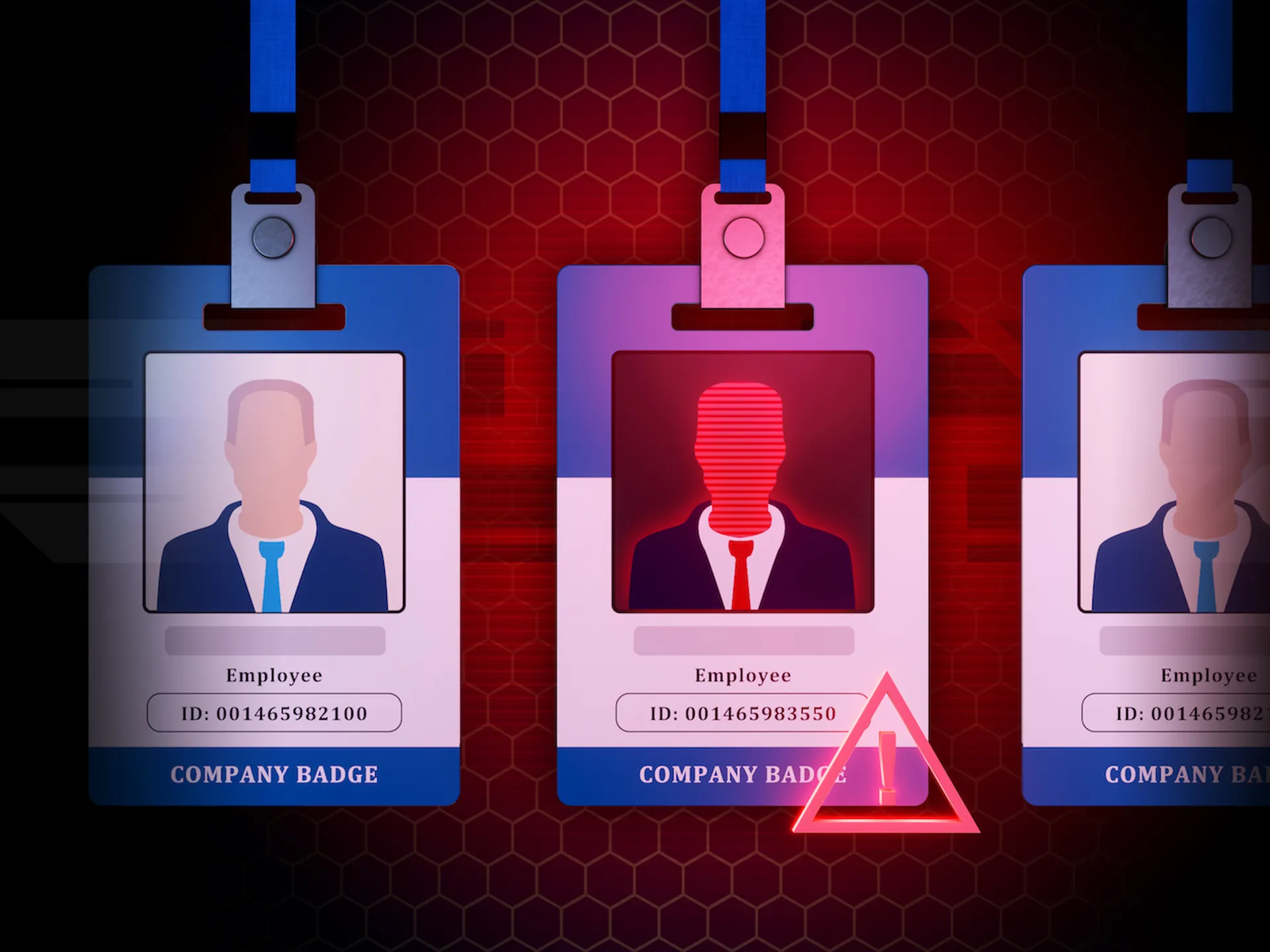What internet-connected device do most people fear getting hacked? The majority of respondents to a just released survey from Vormetric answered: Their car and home security camera.
In the survey that gauged Americans' use of internet-connected devices – the so-called Internet of Things, or IoT – above all else, 61 percent said they fear intrusions into their car's integrated Wi-Fi or Bluetooth technology, or their home security camera or video doorbell.
Just over half of those surveyed also believed their virtual personal assistant that is not a smartphone, such as Amazon Echo, would be vulnerable to hacking, and 45 percent were concerned about the potential to hack smartwatches.
The survey of 1,000 adults aged 18-plus was conducted between July 11 and 14 by Vormetric in conjunction with Wakefield.
Although medical devices tethered to the internet have received a good deal of press attention, only 20 percent of those surveyed listed that category as a concern, which tied with refrigerators. Fitness trackers followed at 18 percent, thermostats at 14 percent and lightbulbs, nine percent.
However, it might just be lack of consumers' understanding of the dangers of how data is collected by these devices that explains their low ranking.
“Consumers don't seem to recognize the amount of sensitive data that these devices collect," Tina Stewart, vice president of marketing at Vormetric, said in a statement sent to SCMagazine.com. “Consider fitness trackers. These generate a continuous stream of location and health data that can pinpoint where a person is at all times when wearing the device."
Additionally, healthcare data has become one of the most desirable commodities for sale on black market sites as it contains enough information to not just apply for credit cards or loans but it can compromise patients' financial accounts and generate huge sums from fraudulent medical charges, Stewart said.
"But while medical IoT security has received much attention, medical monitors registered with less than a quarter of respondents," she added. "There is clearly a lack of awareness when it comes to digitizing data and individuals aren't realizing that the unspoken bond between a patient and their doctor can be breached in a matter of seconds. Whether hackers leverage it for their own purposes or sell it to the highest bidder, the information and insight derived from just one successful breach is enough to put individuals in very real physical harm. If healthcare organizations want to take advantage of IoT, they must prepare themselves with proper defenses before that data finds itself in unfamiliar territory.”



